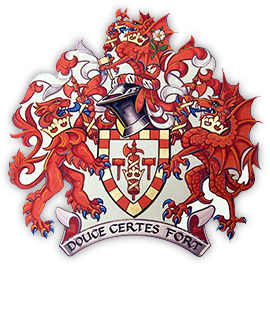The High Court Enforcement Officers Association (HCEOA) has welcomed this week’s Westminster Hall debate titled ‘Regulation of the bailiff sector’.
The Westminster Hall debate takes place at 11am on Tuesday 11 February. It is sponsored by York Outer MP Luke Charters (Labour).
Alan J. Smith, Chair of the HCEOA said: “We welcome any debate and discussion in parliament which raises awareness and increases understanding of the enforcement sector, and we fully support strong and effective regulation for the whole sector. High Court Enforcement Officers and, by extension, the enforcement agents working for them to enforce any High Court writs, are already regulated by the Lord Chancellor through their appointment as an Officer of the Court.
He added: “The vast majority of enforcement firms working in the High Court sector have also signed up for accreditation by the newly established Enforcement Conduct Board (ECB) which provides independent oversight of the enforcement sector across England and Wales. Moving forward, there is no opposition from our members to statutory underpinning for the ECB, once it has been operational long enough to assess its effectiveness.”
In order to be accredited with the ECB, enforcement firms must commit to meeting its requirements in four areas:
- Standards – compliance with the ECB's professional values and standards for enforcement work, and all applicable laws and regulations.
- Annual levy and periodic data returns – payment of the annual levy and providing the ECB with periodic data returns.
- Cooperation with the ECB – compliance with requests made by the ECB and allowing the ECB access to carry out monitoring visits.
- Complaints – compliance with the ECB’s complaints-handling process and any suggested remedies.
About the HCEOA
The HCEOA represents and supports High Court Enforcement Officers and acts as a voice for the profession.
Its members are all fully trained, qualified and registered High Court Enforcement Officers who are authorised by the Lord Chancellor to enforce High Court Writs. Their role is to enforce judgments to primarily collect unpaid debt that is owed to businesses and individuals across England and Wales.
Over the last 3 years, its members received 335,638 Writs, collecting £315 million in outstanding judgment debt on behalf of businesses and individuals.





